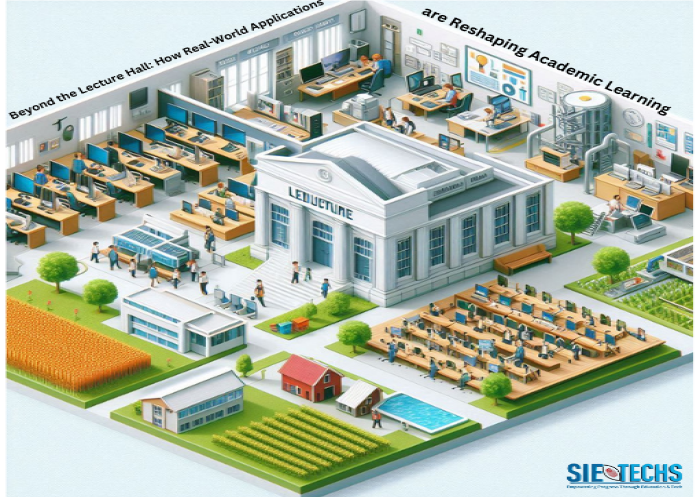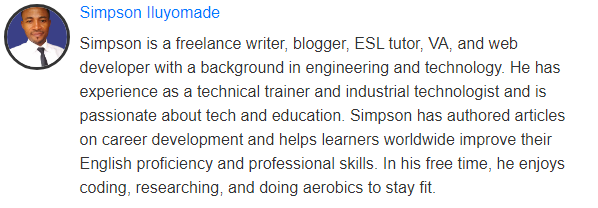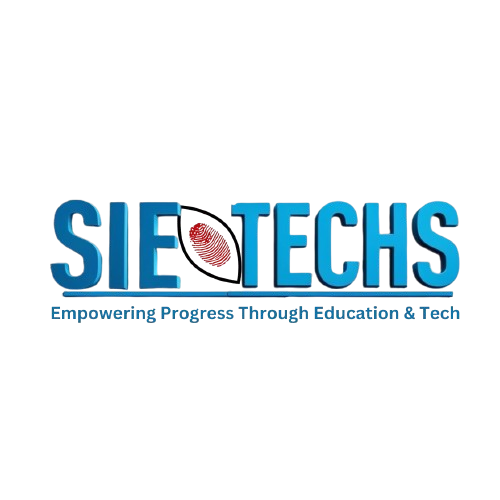Beyond the Lecture Hall: How Real-World Applications Are Reshaping Academic Learning

Introduction
Traditional lecture-based learning has long been the foundation of higher education. However, in today's dynamic world, a more comprehensive approach is needed to prepare students for successful careers. Experiential learning, internships, and project-based courses are emerging as vital components of modern education, offering students valuable practical skills and knowledge. While many European and developing countries have adopted this approach, Africa appears to lag behind. Therefore, it is crucial for African higher institutions to prioritize this innovation and invest heavily in it to enhance the career prospects of the continent's future workforce.
The Limitations of Traditional Learning
While lectures provide a strong foundation in theoretical concepts, they may not fully equip students with the skills needed to thrive in the workplace. The limitations of traditional learning often include:
• Lack of Practical Application: Students may struggle to connect theoretical knowledge to real-world scenarios.
• Limited Problem-Solving Skills: Lectures may not adequately develop critical thinking and problem-solving abilities.
• Decreased Engagement: Passive learning can lead to boredom and disengagement among students.
The Rise of Experiential Learning
Experiational learning involves actively engaging students in hands-on activities and real-world experiences. This approach can significantly enhance learning outcomes by:
• Fostering Practical Skills: Students gain valuable practical skills and knowledge through hands-on projects and activities.
• Enhancing Critical Thinking: Experiential learning encourages students to think critically and solve problems.
• Improving Engagement: Active participation in learning activities can increase student motivation and engagement.
The Importance of Internships
Internships offer students the opportunity to apply their academic knowledge in a professional setting. They can provide numerous benefits, including:
• Networking Opportunities: Internships allow students to build relationships with industry professionals.
• Career Exploration: Students can gain insights into different career paths and industries.
• Skill Development: Internships help students develop practical skills and gain experience in their chosen field.
Project-Based Learning: A Collaborative Approach
Project-based learning involves students working collaboratively on real-world projects. This approach can:
• Promote Teamwork: Students learn to work effectively in teams and develop interpersonal skills.
• Develop Problem-Solving Skills:Students must apply their knowledge to solve complex problems.
• Foster Creativity: Project-based learning encourages students to think creatively and come up with innovative solutions.
Specific Examples of Real-World Applications in Higher Education
Experiential Learning
• Medical Schools: Many medical schools now incorporate clinical rotations and simulations into their curricula, allowing students to practice medical procedures in a controlled environment before working with real patients.
• Engineering Schools: Engineering students often participate in design competitions or capstone projects where they apply their theoretical knowledge to solve real-world engineering problems.
Internships
• Business Schools: Business students often intern at companies to gain practical experience in areas such as marketing, finance, or human resources.
• Computer Science Schools: Computer science students may intern at tech companies to work on software development projects or conduct research.
Project-Based Learning
• Architecture Schools: Architecture students often work on group projects to design buildings or urban planning initiatives.
• Environmental Science Schools: Environmental science students may participate in research projects to study climate change or
biodiversity loss.
Case Study: The Stanford d.school
The Stanford d.school is a renowned design school that has pioneered the use of design thinking in education. The d.school's approach emphasizes problem-solving, creativity, and collaboration. Students work on real-world design challenges, often involving collaboration with industry partners. This approach has been highly successful in preparing students for careers in design, innovation, and entrepreneurship.
Conclusion
As the job market evolves, higher education institutions must adapt their teaching methods to meet modern student needs. I hope this piece inspires educators worldwide, especially in Africa, to implement significant changes. The employment landscape has shifted dramatically. Employers increasingly seek experienced workers, not fresh graduates with limited work experience or internships. Through Experiential Learning, graduates can be well-prepared and equipped to compete in the saturated job market or even become entrepreneurs. By integrating experiential learning, internships, and project-based courses into their curricula, institutions can offer students a more comprehensive and relevant education. These approaches not only enhance practical skills but also foster critical thinking, problem-solving, and teamwork, preparing them for success in the modern workplace. For those experiencing the limitations of traditional learning, remember: it's never too late to retrain and enroll in career development programs, soft skills, and technical skill training. I did, so you can. The future starts now!
If you need career guidance, training or personalized support, feel free to contact SIEBLOGS via any of the contact details below this page. You may also visit our service page to explore our offers👍.
Sieblogs…… informing, educating, and inspiring you to thrive in an ever-changing world!
About the author:

Published : 24 August, 2024 | 17:24:03
Location : Africa
👀98 Views.

Comments
This information needs to be read by all colleges and universities Vice chancellors
This is fact. Thanks for sharing
We hope our government will read this
Leave a Comment